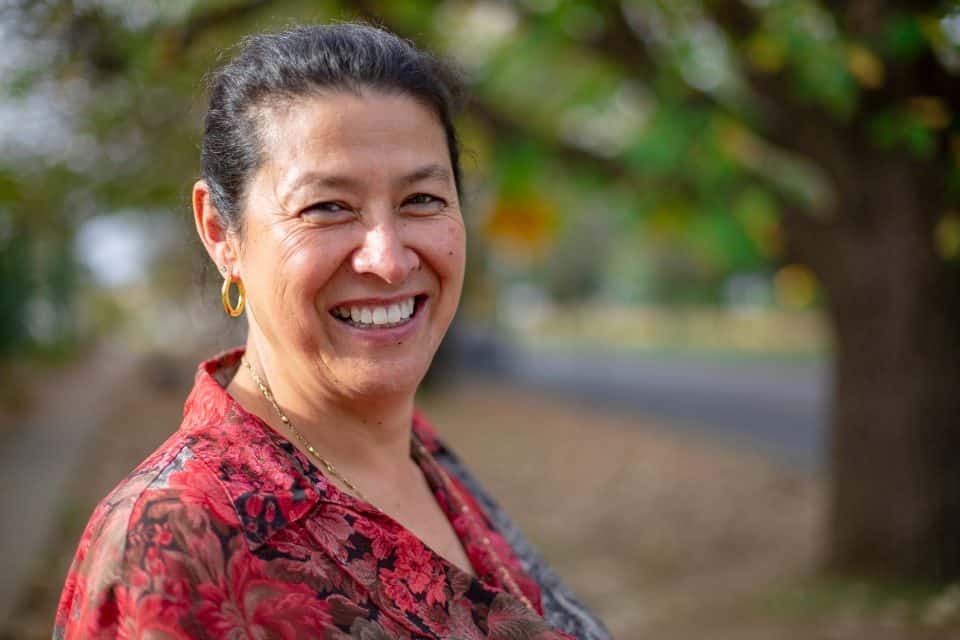
Capital Football and 15 other sporting organisations in the nation’s capital have been recognised for their strong female board representation, helping the ACT Government reach its 2020 goal.
In 2016, ACT Minister for Sports Yvette Berry set a target for all peak sporting bodies that receive funding from the ACT Government to appoint 40 percent female representation on their boards by 2020.
Last month, Capital Football joined Basketball ACT, Volleyball ACT, Netball ACT, Tennis ACT, Cricket ACT, Softball ACT, AFL NSWACT, Gymnastics ACT, Orienteering ACT, Pedal Power ACT, Rowing ACT, Swimming ACT, Table Tennis ACT, Touch Football ACT and Triathlon ACT as the local sporting organisations that have reached the target.
Capital Football Chair Fran Sankey said she was privileged to lead an organisation that values the contribution that women bring to leadership roles.
“We don’t have three female board members to reach a quota or to make up the numbers,” Ms Sankey said. “Grace Gill, Jodie Newell and I are on the Capital Football board because we are experienced and we are the right people for the job.
“While we have reached the ACT Government’s goal, Capital Football also consistently records the highest percentage of women playing football in the country.

Fran Sankey is Capital Football’s second female chair. Photo: Region Media.
“It is important to show girls of all ages that there is a future in football, both on the playing field and in the boardroom.”
ACT Sports Minister Ms Berry agreed, saying that she was proud that more than half of Canberra’s sporting organisations have strong female board representation.
“Diversity in decision-making is fundamental to breaking social barriers and achieving equitable outcomes,” Ms Berry said.
“Making this change at a board level is a step forward for the sport and recreation sector, providing more leadership opportunities for women and improving decision making to better meet the needs of women in sport.
“The ACT is making progress to bring more women onto sports boards and sports are showing they understand and support the need for change.”













